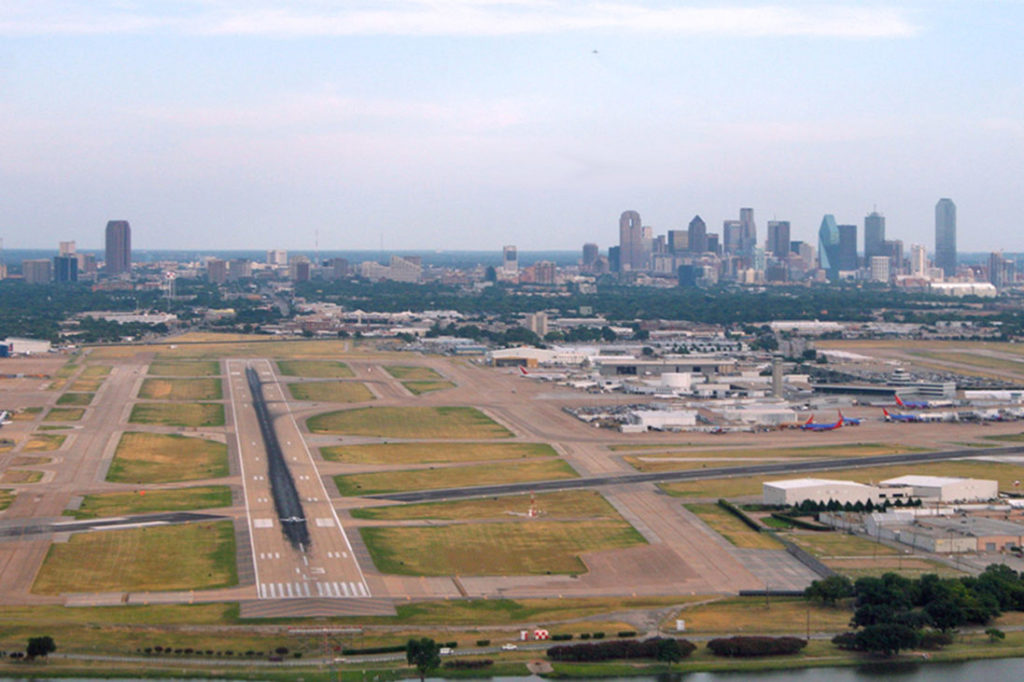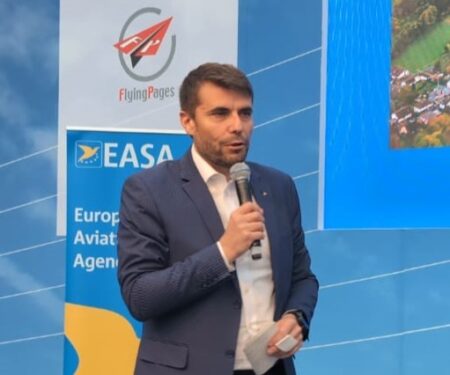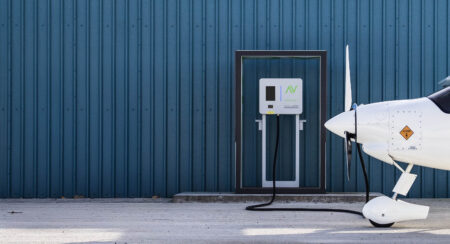A newly established dialog between city officials and general aviation (GA) stakeholders at Dallas Love Field (DAL) Airport has helped both sides reach an equitable agreement over upcoming landing fees at the busy North Texas airport.
Dallas City Council approved a new landing fee ordinance for DAL last April. In addition to generating revenue to support airport maintenance and upgrades, city officials said the new fee was intended to direct GA aircraft to nearby Dallas Executive Airport (RBD).
The ordinance was scheduled to go into effect July 1, but airport tenants and other GA users at DAL had not been consulted about the new fees, nor the methodology behind them.
A coalition of aviation groups – led by the Love Field Pilots Association (LFPA) and including NBAA – engaged with the city airport director on the matter and pointed out a key discrepancy in the ordinance that also delayed its implementation.
Sean Lynch, president at the LFPA, said, “Initially, the airport intended to charge GA users the new landing fee on top of existing fuel-flowage fees, although the city code explicitly states the two cannot be charged simultaneously. The city attorney agreed with our interpretation that anyone paying a landing fee cannot be ‘double-taxed’ with the fuel-flowage fee.”
Under the revised landing fees agreement, effective January 1, 2019, Part 135 operators will be assessed a fee of US$2.75 per 1,000 lb of an aircraft’s certified maximum landing weight (MLW) and Part 91 users will be charged US$5.15 per 1,000 lb MLW.
Fees will be billed directly through Vector Airport Systems and will be reassessed after one year. Discussions will also continue between the city and airport users over other aspects of the fee agreement, including financial contributions from airport lease agreements that weren’t considered under the current ordinance.
Stephen Hadley, NBAA’s senior director, regional programs, commented, “Throughout this process, the GA community always acknowledged its obligation to pay its fair share to maintain Love Field. While this compromise isn’t perfect and other issues remain, we’ve definitely seen a significant step forward in the relationship between the city and DAL tenants and operators.”
NBAA joined with AOPA and NATA in supporting LFPA in its efforts to preserve fair and reasonable access to DAL.





